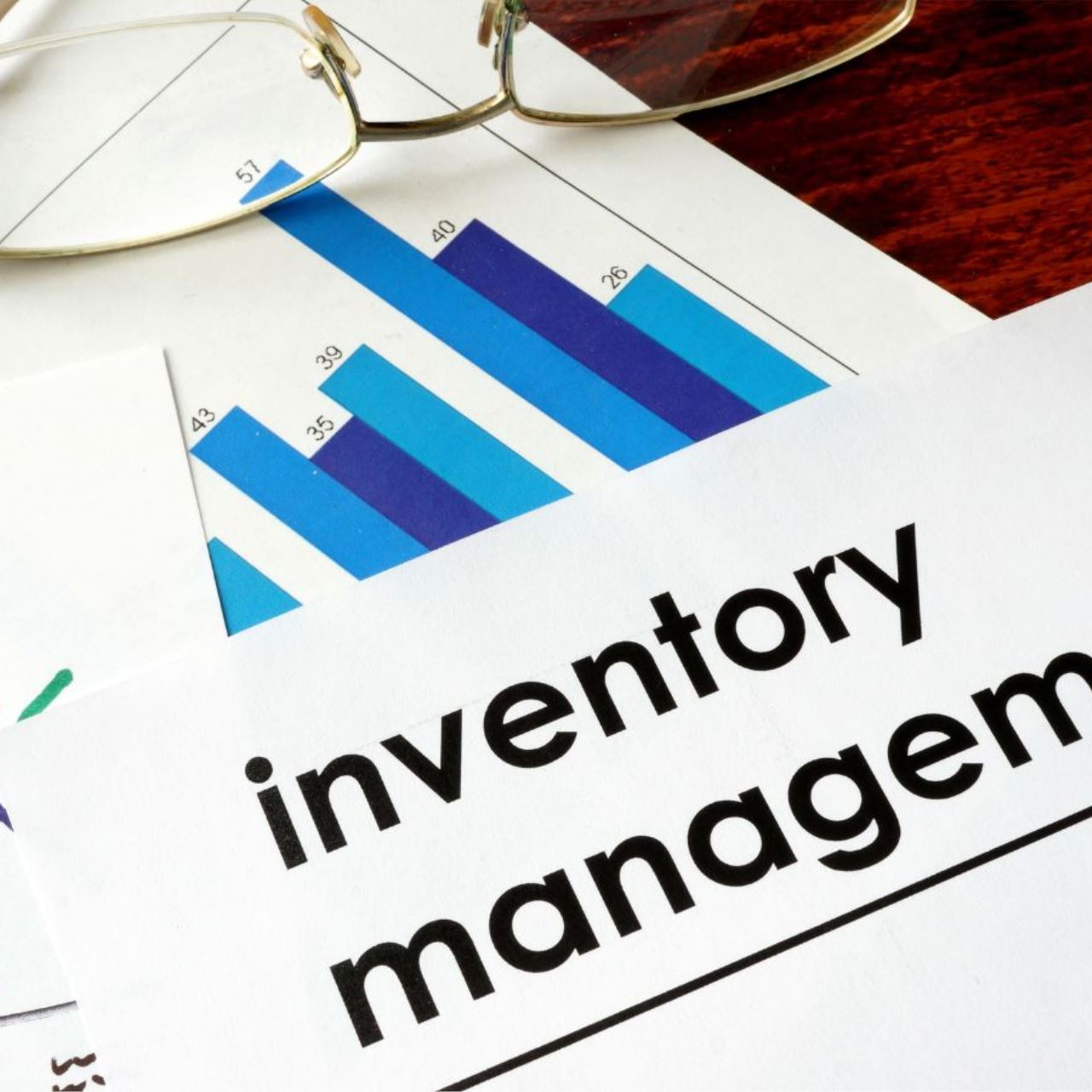
What is an Agile Supply Chain?
An Agile Supply Chain is a strategic approach in supply chain management that offers a cost-effective means of enhancing operational efficiency.
Defining Agile Supply Chains: Agile supply chains consistently prioritize efficiency in their processes and empower their workforce. They are highly adaptable, enabling them to smoothly react to abrupt shifts in supply and demand.
Embracing an agile model brings significant benefits to an organization. It allows for swift and confident decision-making, even in challenging circumstances. In contrast, non-agile supply chains lack quick access to critical information, forcing their teams to make educated guesses when responding to changing situations, thereby increasing the likelihood of making incorrect decisions.
Highlighting agile and lean logistics management can provide a competitive advantage by enabling quick, well-informed decisions rather than relying on intuition or incomplete data.
Introduction to Agile Supply Chains:
An Agile Supply Chain represents a cost-effective and strategic approach for enhancing supply chain management. It is designed to improve operational efficiency.
Defining Agile Supply Chains:
Agile supply chains consistently prioritize efficient processes and empower their workforce. They possess the flexibility to respond adeptly to sudden shifts in supply and demand.
Benefits of Adopting an Agile Model:
Embracing an agile supply chain model provides significant advantages to an organization. It enables quick and confident decision-making, even in challenging circumstances. In contrast, non-agile supply chains lack rapid access to crucial information, leading to potentially incorrect decisions.
Emphasizing Agile and Lean Logistics Management:
Focusing on agile and lean logistics management can help organizations outperform slower competitors. This approach relies on the ability to make informed decisions on-the-fly rather than depending on gut instincts or incomplete data.
Getting Started:
To build a truly agile supply chain, organizations should commence with two critical steps:
Proper Training: Investing in comprehensive training for employees is essential. Well-trained personnel can excel in their roles, make correct decisions, and become high-performing team members.
Effective Tools and Processes: Equipping employees with the right tools and implementing efficient processes are crucial for enhancing their chances of success.
Agilities Importance of in Supply Chain
Adopting an agile strategy empowers supply chain operators to make quick, informed decisions without the need for time-consuming approvals from various levels of management, regardless of the organization's size.
Today, logistics managers face an increasing number of unforeseen challenges and disruptions. These include bottlenecks, delays, and other unfavorable situations that have become more common, particularly during the global pandemic. The implementation of emergency safety protocols had a significant impact on the economy, putting immense pressure on the global on-demand market due to highly fluctuating demand. This resulted in widespread shortages, ranging from laptops to essential items like toilet paper. This new reality collectively represents one of the most significant challenges the supply chain industry has faced in recent years.
While the COVID-19 pandemic serves as an extreme example of disruptions, it also underscores the critical importance of planning and decision-making when faced with sudden and disruptive events that disrupt the complex operations of modern supply chains. In this article, we will explore how organizations can utilize a lean, agile, and adaptable approach to supply chain management to quickly adapt to rapidly changing or unexpected circumstances.






